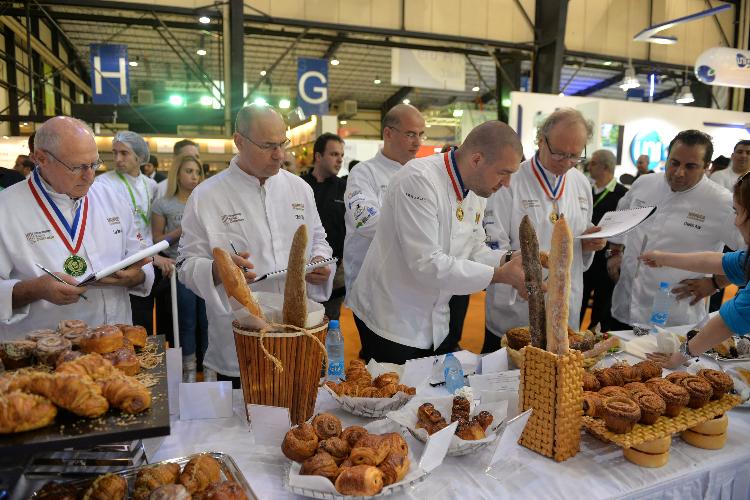
HORECA offers the latest innovations to those active in the franchise industry
Lebanese businesses, specifically restaurants, did not only expand the scope of their presence in their mother country, they also crossed borders and set up shop in several other places, most notably Dubai. The latter provided fertile ground for the promotion of the restaurants’ growth. Dubai enjoys capabilities that distinguish it from other cities. Since this emirate is still taking steps towards further development, restaurants there have been put on the same road to success. Dubai has been providing the best for all restaurant patrons and those interested in the franchise industry.
***
Restaurants that have opened branches in Dubai aren’t limited to just a few. There are around 50 restaurants including Abd El Wahab, Leila, Classic Burger Joint, Mayrig, Kababji, Casper & Gambini’s and Zaatar w Zeit in various locations across the emirate, according to Charles Arbid, president of the Lebanese Franchise Association.
"Dubai is a positive façade for Lebanese franchises, given that the emirate enjoys perpetual activity, lively tourism and continuous growth, making it a gateway allowing these institutions to expand toward other countries," explained Arbid.
These restaurants have contributed to setting the wheels in motion within other industries in both Dubai and Lebanon. Such industries include the recruitment, training and information sectors, among others. Restaurants have created new job opportunities and increased the vitality of the economy, given the fact that they enjoy the wide sponsorship of Dubai local authorities and residents.
Dubai is home for an active Lebanese community whose members have extensive expertise. Furthermore, there is strong purchasing power in the city, an attribute that has attracted franchises. According to Arbid, Lebanese people were among the first to invest in the Dubai market, a market where Lebanese products have always been popular.
One example is Mayrig restaurant which started out in Gemmayze, at the heart of the Lebanese capital. Its owner, Aline Kamakian, spoke about the experience of opening up a Dubai location in September 2013, an endeavor which cost around $2.2 million. Kamakian says that operating in the UAE market is “a challenging and very beautiful experience, especially that there are multiple communities in the emirate, including the Hindu, Iranian and British communities.”
It cannot be doubted that the Lebanese are true entrepreneurs when it comes to foodservice, a blossoming industry whose strength has further been solidified by HORECA. As the annual meeting place for the hospitality and foodservice industries. HORECA shines a bright light on the art of cooking in the region and elevates Lebanon’s culinary ranking internationally. Furthermore, the four-day event highlights the franchise industry by showcasing the leading Lebanese companies and hosting more than 350 local and international exhibitors.
“Today, we are very proud that HORECA is regarded as one of the most important annual exhibitions in the Middle East, focused on hotels, restaurants, catering, supply services, hygiene and all aspects of the hospitality and foodservice industries. It has garnered popularity among experts, specialists and stakeholders since its inauguration in Beirut 23 years ago and it has also been the perfect place and occasion for exhibitors to network and meet potential clients,” says Joumana Dammous-Salamé, managing director of Hospitality Services, the company that organizes HORECA.
The show, which this year takes place from the 5th to the 8th of April at BIEL, Beirut, boasts more than 25 daily competitions, workshops, forums and demonstrations and brings together over 40 international experts, celebrity chefs, bartenders, suppliers, consultants and professionals. Spotlighting the latest innovations, technologies and trends, HORECA is a must-attend event for those looking to rub shoulders with key decision makers and explore franchising opportunities.



























